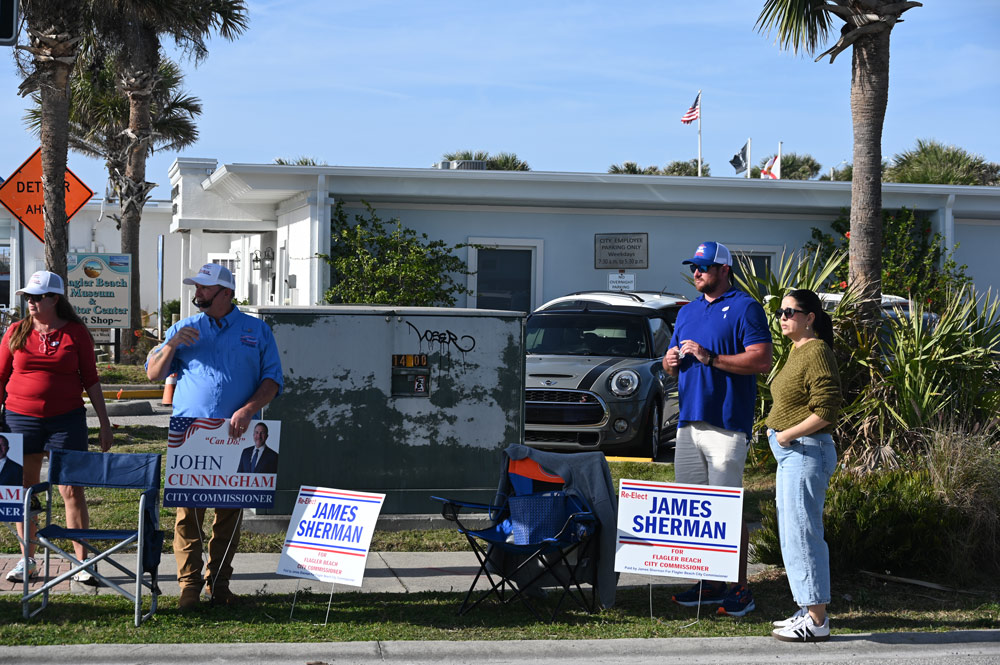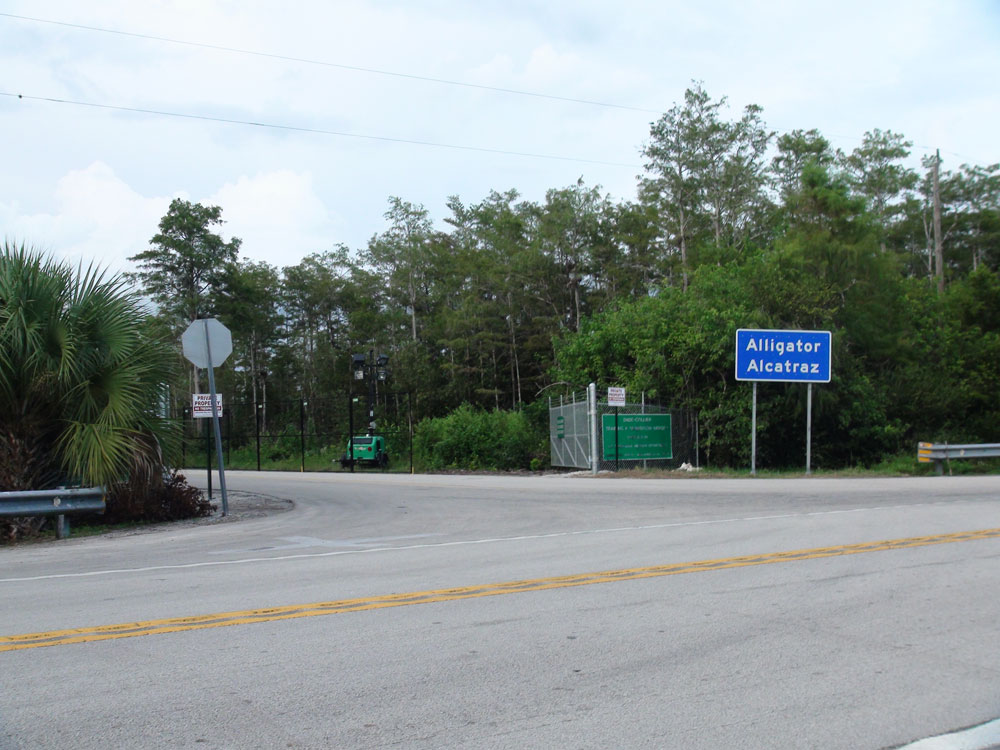Flagler Beach will think about rescheduling its annual elections from March to November, which would align with cycles of the general and presidential elections. Commissioners’ three-year terms would either have to change to four-year terms or return to two-year terms, as they were twenty years ago.
Penny Overstreet, the city clerk, proposed the move Thursday night as a topic of debate. It could possibly save the city $18,000 per election.
According to Overstreet, the city can split the expense of each March election with other cities that also have elections in March, such as Bunnell and Beverly Beach. However, Flagler Beach bears most or all of the expense if there are no contested elections in Bunnell and Beverly Beach in any particular year.
There was no decision made. There is still no decision to be made. A referendum would be required to ratify any such modifications. Overstreet offered the recommendations because the commission would need to make a decision by the autumn on the questions if it wanted to submit them to a referendum. The referendum would be on the ballot for March 26. At a subsequent commission meeting, the commission decided to talk about the options.
In the belief that this would encourage voters to focus on their local issues, several cities have traditionally scheduled their elections on days that are distinct from general or presidential elections. Instead of doing that, it has decreased turnout.
Elections in Palm Coast were held in odd years until 2011. The majority of its elections between 1999 and 2011 had turnouts of less than 20%. Only 5.7% of the city’s registered voters supported Jon Netts when he was re-elected mayor in 2011. When Flagler Beach and Bunnell held their most recent municipal elections in March, only 18% of Bunnell voters cast ballots, while 22% of Flagler Beach voters (1,015 of 4,669 registered voters) did.
In a 2011 referendum, 87% of Palm Coast voters supported moving city elections to even years (the same election that re-elected Netts).At the time, the city claimed to save up to $100,000 every election cycle. Additionally, it significantly increased turnout for municipal elections.
The Palm Coast shift was cited by Overstreet as a local precedent. She informed the city commissioners that there would likely be some heartburn. It could be worked out, but someone’s tenure would have to be cut. It’s merely an upfront cost reduction.
No council member’s tenure was shortened when Palm Coast switched to even years. They were made longer. Council member Jason DeLorenzo and then-Mayor Jon Netts both served five years rather than four. It was not until 2014 that the city held another election. More than half of the registered voters had cast ballots by the time the two city races on the ballot advanced to the general election that November.
A bill that would have mandated that all 411 communities in Florida hold their elections in even years was adopted by the Florida House in 2015 by a vote of 70-47. At the time, the majority of cities didn’t. The Senate rejected the plan.
Term limits and other election-related reforms may potentially be discussed by the Flagler Beach City Commission.







